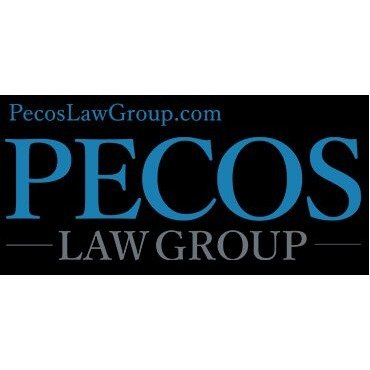Best Collaborative Law Lawyers in Henderson
Share your needs with us, get contacted by law firms.
Free. Takes 2 min.
Free Guide to Hiring a Family Lawyer
List of the best lawyers in Henderson, United States
About Collaborative Law in Henderson, United States:
Collaborative Law is a legal approach that focuses on resolving disputes without going to court. It is especially useful for family law matters, such as divorce, child custody, and spousal support. In Henderson, United States, Collaborative Law provides an alternative to traditional litigation, allowing parties to work together to reach mutually beneficial outcomes.
Why You May Need a Lawyer:
While Collaborative Law emphasizes cooperation and negotiation, it is still essential to have a lawyer by your side. Hiring a lawyer experienced in Collaborative Law can provide you with legal advice, guidance, and representation throughout the process. They can ensure that your rights and interests are protected and help you navigate complex legal procedures.
Local Laws Overview:
In Henderson, United States, Collaborative Law operates within the framework of family law regulations. It is important to understand the local laws and regulations that govern family law matters when pursuing a collaborative approach. Some key aspects include:
- Requirements for filing and submitting collaborative agreements
- Guidelines for child custody and support
- Procedures for property division and spousal support
- Mediation and settlement guidelines
Frequently Asked Questions:
1. What is the main difference between Collaborative Law and traditional litigation?
Collaborative Law focuses on resolving issues amicably through negotiation and cooperation. In contrast, traditional litigation involves going to court and having a judge decide the outcome. Collaborative Law empowers the parties to have control over the process and reach an agreement that meets their unique needs.
2. Can any legal issue be resolved through Collaborative Law?
No, not all legal issues are suitable for Collaborative Law. This approach works best for family law matters, such as divorce, child custody, and support. It may not be applicable to criminal cases, personal injury claims, or other non-family law disputes.
3. How long does the Collaborative Law process usually take?
The duration of the process varies depending on the complexity of the issues and the willingness of the parties to reach a resolution. On average, Collaborative Law cases can be resolved more quickly than traditional litigation, typically taking several months to a year.
4. What happens if the parties cannot reach an agreement through Collaborative Law?
If the parties cannot reach an agreement through Collaborative Law, they will need to pursue other dispute resolution methods, such as mediation, arbitration, or litigation. It is crucial to have a skilled lawyer who can guide you through these alternatives if Collaborative Law is unsuccessful.
5. Are the outcomes reached through Collaborative Law legally binding?
Yes, the outcomes reached through Collaborative Law are legally binding. Once an agreement is reached, it is submitted to the court for approval. The court will review the agreement to ensure it complies with the applicable laws and is in the best interests of the parties involved.
Additional Resources:
For further information and assistance with Collaborative Law in Henderson, United States, consider exploring the following resources:
- Henderson Collaborative Law Association
- State Bar Association's Family Law Section
- Local legal aid organizations specializing in family law
Next Steps:
If you require legal assistance in Collaborative Law, follow these steps:
- Research and find experienced lawyers in Henderson, United States who specialize in Collaborative Law.
- Schedule consultations with potential lawyers to discuss your case and determine the right fit.
- Hire a lawyer who understands your objectives and has a track record of success in Collaborative Law.
- Work closely with your lawyer to gather necessary documentation and information for your case.
- Begin the Collaborative Law process, engaging in open communication and negotiation to reach a beneficial resolution.
- If necessary, explore alternative dispute resolution methods or litigation if Collaborative Law is unsuccessful.
Lawzana helps you find the best lawyers and law firms in Henderson through a curated and pre-screened list of qualified legal professionals. Our platform offers rankings and detailed profiles of attorneys and law firms, allowing you to compare based on practice areas, including Collaborative Law, experience, and client feedback.
Each profile includes a description of the firm's areas of practice, client reviews, team members and partners, year of establishment, spoken languages, office locations, contact information, social media presence, and any published articles or resources. Most firms on our platform speak English and are experienced in both local and international legal matters.
Get a quote from top-rated law firms in Henderson, United States — quickly, securely, and without unnecessary hassle.
Disclaimer:
The information provided on this page is for general informational purposes only and does not constitute legal advice. While we strive to ensure the accuracy and relevance of the content, legal information may change over time, and interpretations of the law can vary. You should always consult with a qualified legal professional for advice specific to your situation.
We disclaim all liability for actions taken or not taken based on the content of this page. If you believe any information is incorrect or outdated, please contact us, and we will review and update it where appropriate.








